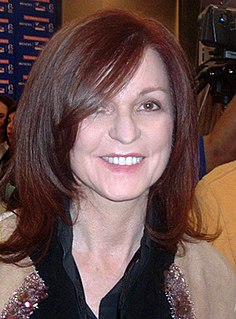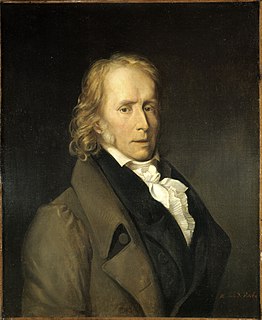A Quote by Claudius Claudianus
The people are fashioned according to the example of their kings; and edicts are of less power than the life of their ruler.
Related Quotes
According to, for example, one academic by the name of Philip Harvey, whose expertise is basically how do we create a New Deal, today. According to his estimate, these jobs could be created for far less than the [Barack] Obama stimulus package, which cost, you know, $700 or $800 billion, something like that, and produced around 3 million jobs - not a lot. According to his estimates, it would cost less to produce two-thirds of 20 million.
Muhammad was the exemplar ruler, exemplar father, exemplar warrior, and once you have a family, you have contentions, you have problems, human problems, and it's the human order. He set the example and model for Muslims for all the different endeavors. He is not only the example of the spiritual life, but he is also an example for our life in this world.
Settling is about not embracing what is best for you and accepting what you really don't want. When you settle, you accept less than you deserve. Settling becomes a habit and a way of life, but it doesn't have to be. According to Maureen Dowd, "The minute you settle for less than you deserve, you get even less than you settled for
For half of the world's population, roughly three billion people around the world living on less than two dollars a day, an election is at best a means, not an end; a starting point, not deliverance. These people are looking less for an "electocracy" than for the basic elements that for most of us define a decent life--food, shelter, electricity, basic health care, education for their children, and the ability to make their way through life without having to endure corruption, violence, or arbitrary power.
When a monarchy gradually transforms itself into a republic, the executive power there preserves titles, honors, respect, and even money long after it has lost the reality of power. The English, having cut off the head of one of their kings and chased another off the throne, still go on their knees to address the successors of those princes. On the other hand, when a republic falls under one man's yoke, the ruler's demeanor remains simple, unaffected, and modest, as if he had not already been raised above everybody.
Power to the people' can only
be put into practice when the power exercised by social elites is
dissolved into the people. Each individual can then take control of
his daily life. If 'Power to the people' means nothing more than
power to the 'leaders' of the people, then the people remain an
undifferentiated, manipulatable mass, as powerless after the revolution as they were before. In the last analysis, the people can never
have power until they disappear as a 'people.







































